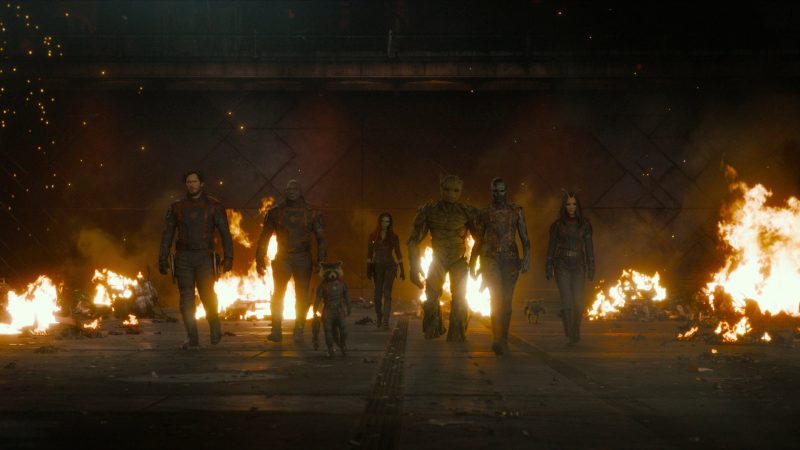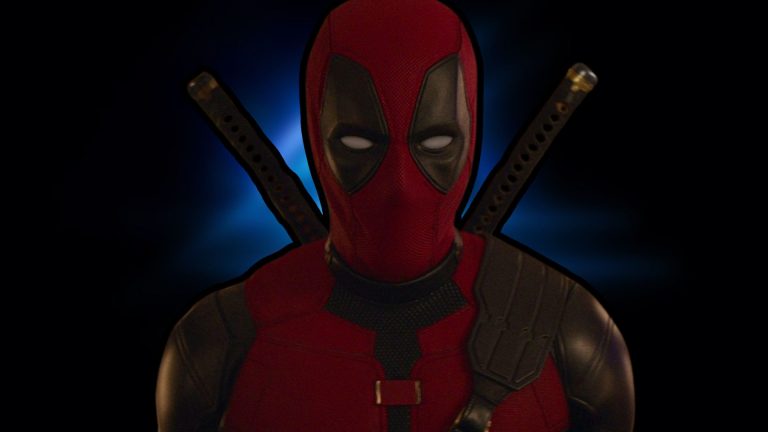Ant-Man and the Wasp: Quantumania was supposed to be the film that started Phase 5 of the Marvel Cinematic Universe and it did. But it has also become the culmination of everything that the MCU had done wrong for years, much more so than Thor: Love and Thunder. The film, intended to usher in a new villain and set the stage for future movies, instead highlighted a year filled with uncertainties for Marvel, characterized by box office disappointments and critical misfires.
As Marvel Studios ventures further into the post-Avengers: Endgame era, the cinematic giant faces the colossal task of not just expanding its universe but ensuring the essence of what made the Marvel Cinematic Universe a powerhouse remains intact.
Amidst this backdrop, the MCU has shown glimpses of its former glory and potential for revitalization. The record-breaking viewership of the Deadpool & Wolverine Super Bowl trailer and the enthusiastic response to the X-Men ’97 trailer are proof of the enduring appeal of Marvel’s characters and the universe they inhabit. Furthermore, the casting announcements for The Fantastic Four and script enhancements for pivotal projects like Thunderbolts signal Marvel’s commitment to reinvigorating its storytelling approach. The developments, coupled with strategic hires and a shift towards empowering showrunners, suggest a deliberate effort to refine the MCU’s creative direction.

However, Marvel’s challenge extends beyond individual project tweaks. The departure of Jonathan Majors and the consequential retooling of the forthcoming Avengers films are unpredictable hurdles the studio must navigate. Moreover, the sprawling nature of the MCU’s current phase, with its myriad of characters and disjointed narratives, has led to a loss of the interconnected storytelling that once defined the franchise. This dilution of narrative cohesion, alongside the diminishing novelty of superhero spectacles, calls for a deeper introspection on Marvel’s part.
The crux of the matter lies in Marvel’s ability to balance its ambitious expansion with a steadfast commitment to quality.
Well before the multi-billion-dollar box office hits, the MCU’s earlier successes weren’t merely the result of superhero allure but stemmed from compelling, character-driven stories that resonated with audiences. As Marvel charts this new course, the emphasis must shift back to crafting narratives that prioritize humanity, relatability, and thematic depth over spectacle and franchising ambitions. This approach addresses the growing sentiment that the magic of the MCU lies not in its scale but in its storytelling.
As the Marvel Cinematic Universe navigates this transitional period, it must stay vigilant of the pitfalls of complacency and the trap of formulaic storytelling. The upcoming slate of films and series presents an opportunity for Marvel to reaffirm its narrative prowess and rekindle the spark that once captivated millions worldwide. In doing so, Marvel can ensure that its retooling efforts transcend mere cosmetic changes, heralding a new era of storytelling that honors its legacy while embracing the evolving landscape of superhero cinema.
In this pivotal moment, Marvel has the opportunity to address its quality problem and redefine what the superhero genre can offer in an era where audiences seek more than just escapism – they seek stories that resonate, inspire, and endure.

